Cisco unveils new ‘intelligent’ approach to networking with brace of product launches
Cloud Management for Cisco Catalyst and Cisco Nexus both aim to bring deeper insights and ease the burden of IT teams
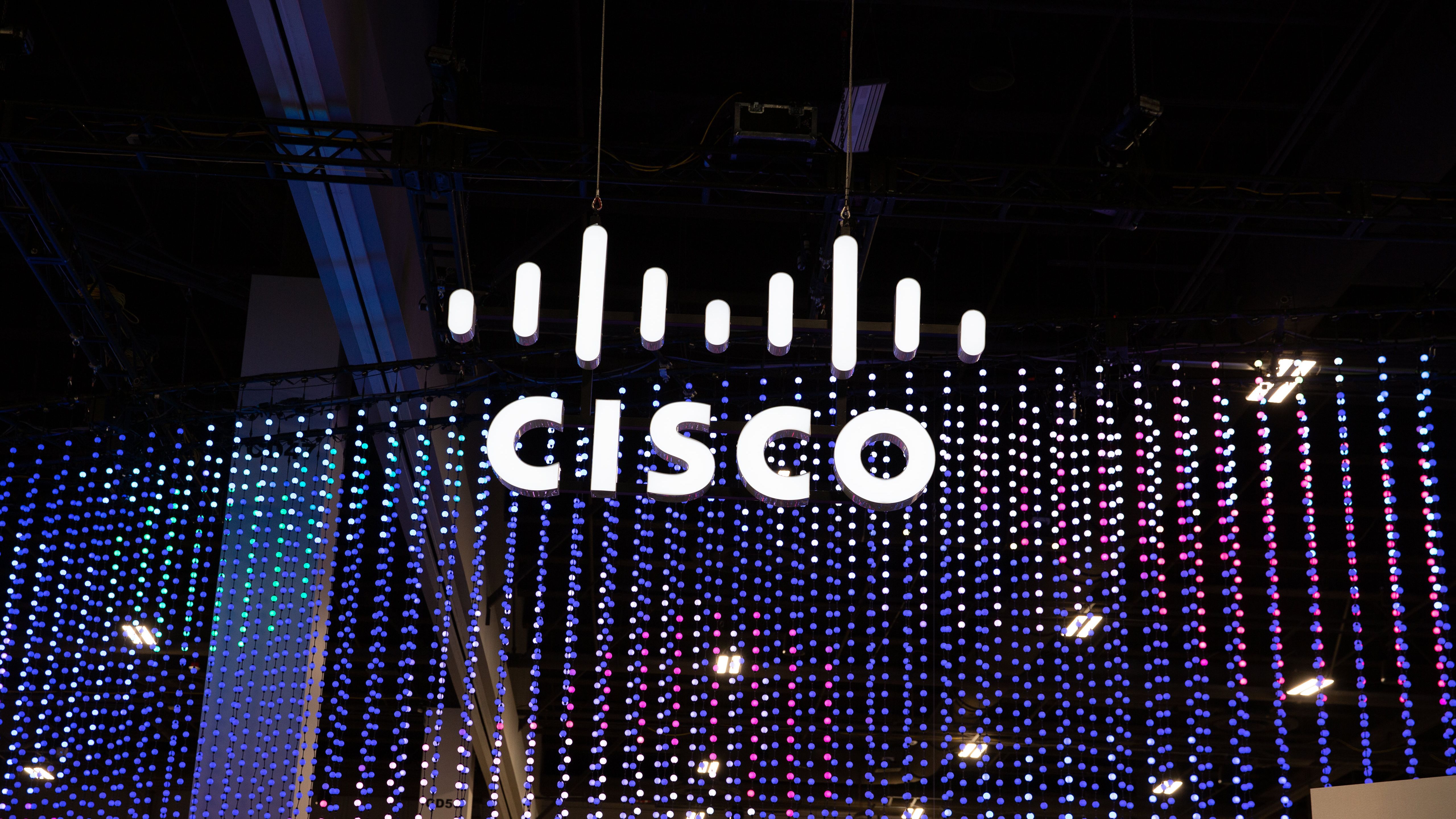

Cisco has announced two new products that mark a shift in its approach to network management that will shape the company’s portfolio for the coming years.
The networking giant announced Cloud Management for Cisco Catalyst and Cisco Nexus Cloud, two new cloud management services for its campus networking and data centre switch products, respectively.
RELATED RESOURCE
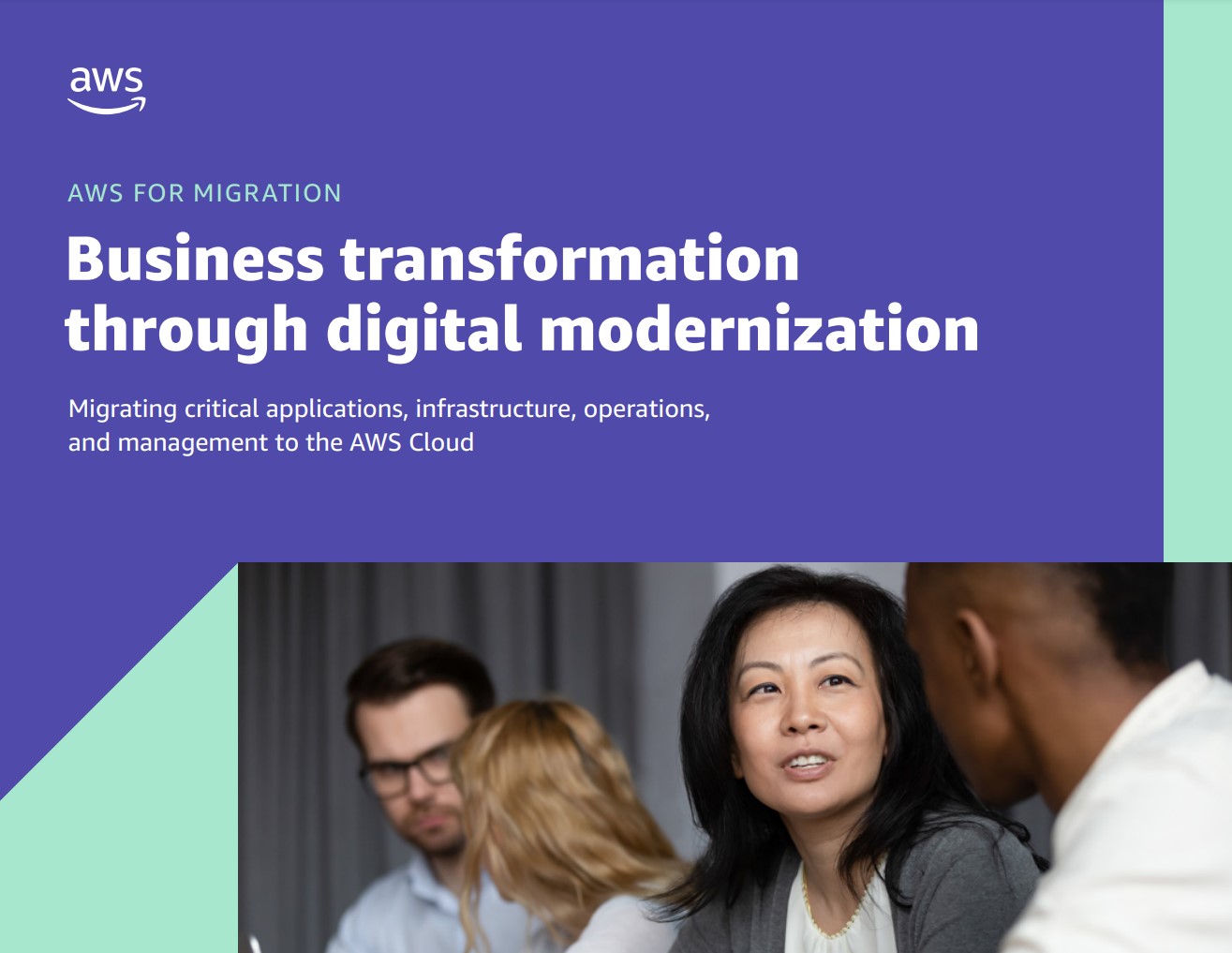
Join the 90% of enterprises accelerating to the cloud
Business transformation through digital modernisation
Cloud Management for Cisco Catalyst will give customers the option to manage select Catalyst switches and wireless devices in the Cisco Meraki dashboard.
The aim of the new service is to provide customers with the option to increase visibility into the performance of their networking hardware and promote easier management through a single application view.
Catalyst customers can also still use Cisco DNA Center for on-prem management if they wish. They can also use a combination of the two if their needs require it, such as network segmentation for security purposes.
“Meraki is undeniably the simplest cloud management platform on the market, the most adopted, the highest deployed, and bringing these two things together: the powerful simplicity without compromises - I truly believe you can change the way IT is managed to carve a new path that delivers sophistication, power, and simplicity,” said Todd Nightingale, EVP and GM at Cisco enterprise networking and cloud.
The goal for Cloud Management for Cisco Catalyst is to make troubleshooting the network much easier, added Nightingale, speaking at Cisco Live 2022, and will provide greater visibility into switch configurations, traffic flows, and connected clients.
Get the ITPro daily newsletter
Sign up today and you will receive a free copy of our Future Focus 2025 report - the leading guidance on AI, cybersecurity and other IT challenges as per 700+ senior executives
Cisco’s Nexus data centre switches will also soon be manageable through the new Cisco Nexus Cloud platform, due for release in Autumn 2022.
The core features of the platform were driven by customer feedback and it will “revolutionise” the way customers manage data centre products and also entire private clouds, said Nightingale.
The platform will be powered by Cisco Intersight, the company’s cloud operations management platform, which will mean customers will be able to more easily manage products across public cloud, private cloud, and edge computing environments of any size or scale, according to Cisco.
“Our customers choose to run their businesses on Cisco technology because we sit at the intersection of networking, security and cloud,” said Nightingale. “We believe the network is the foundation for the modern enterprise and must deliver agility through simplicity. Cisco is addressing our customers' most important concern, which is managing complexity through smart, data-driven platforms that power a digital business.”
With Nexus Cloud, customers can gather telemetry from each device and view the network in a dynamic topology, which provides a view into “every endpoint, every virtual machine, every server, and every switch on the network”.
It also introduces capabilities to monitor energy consumption that will help businesses reach their environmental, social, and governance (ESG) ambitions. Nightingale said even more environmental features will be coming to the platform in the future, including the ability to limit power consumption in certain areas of the network.
Cisco’s philosophy for network innovation
Key themes have emerged throughout Cisco Live 2022 that revealed the company’s priorities in its approach to product innovation, with particular focus being placed on simplification, visibility, and a shift to a cloud-managed approach.
Rebecca Stone, SVP of customer solutions marketing and CMO at Cisco, said that the increasing complexity of enterprise networks across all industries is growing to a point where the technology is becoming “less scalable and less intelligent”.
Evolving consumer demands and different working environments due to hybrid work arrangements, in addition to the mounting standards that need to be facilitated such as Wi-Fi 6E and private 5G, are also contributing to the complexity networking operations teams are struggling to face, she added.
“It’s causing the IT experience to suffer,” said Stone, speaking at a press and analyst event. “[IT teams] can't manage, they can't scale to all of the demands that are coming today, and so the user experience is really suffering as well.”
Stone gave the example of everyday professionals facing increasing amounts of friction signing in to all the different services such as email, VPNs, collaboration tools, and other products - using multiple identity and access management clients to access the tools they need every day.
Cisco said it believes the best way to build a solution that can address these issues is to approach it from a platform perspective, which can help unify technologies and ultimately improve the experience for both IT teams and the end-users too.
Meraki management for Catalyst, and Nexus Cloud, aim to address these issues while adhering to three core principles: cloud-driven automation, simple solutions, and providing deep networking insights through greater network visibility.

Connor Jones has been at the forefront of global cyber security news coverage for the past few years, breaking developments on major stories such as LockBit’s ransomware attack on Royal Mail International, and many others. He has also made sporadic appearances on the ITPro Podcast discussing topics from home desk setups all the way to hacking systems using prosthetic limbs. He has a master’s degree in Magazine Journalism from the University of Sheffield, and has previously written for the likes of Red Bull Esports and UNILAD tech during his career that started in 2015.
-
 Should AI PCs be part of your next hardware refresh?
Should AI PCs be part of your next hardware refresh?AI PCs are fast becoming a business staple and a surefire way to future-proof your business
By Bobby Hellard
-
 Westcon-Comstor and Vectra AI launch brace of new channel initiatives
Westcon-Comstor and Vectra AI launch brace of new channel initiativesNews Westcon-Comstor and Vectra AI have announced the launch of two new channel growth initiatives focused on the managed security service provider (MSSP) space and AWS Marketplace.
By Daniel Todd
-
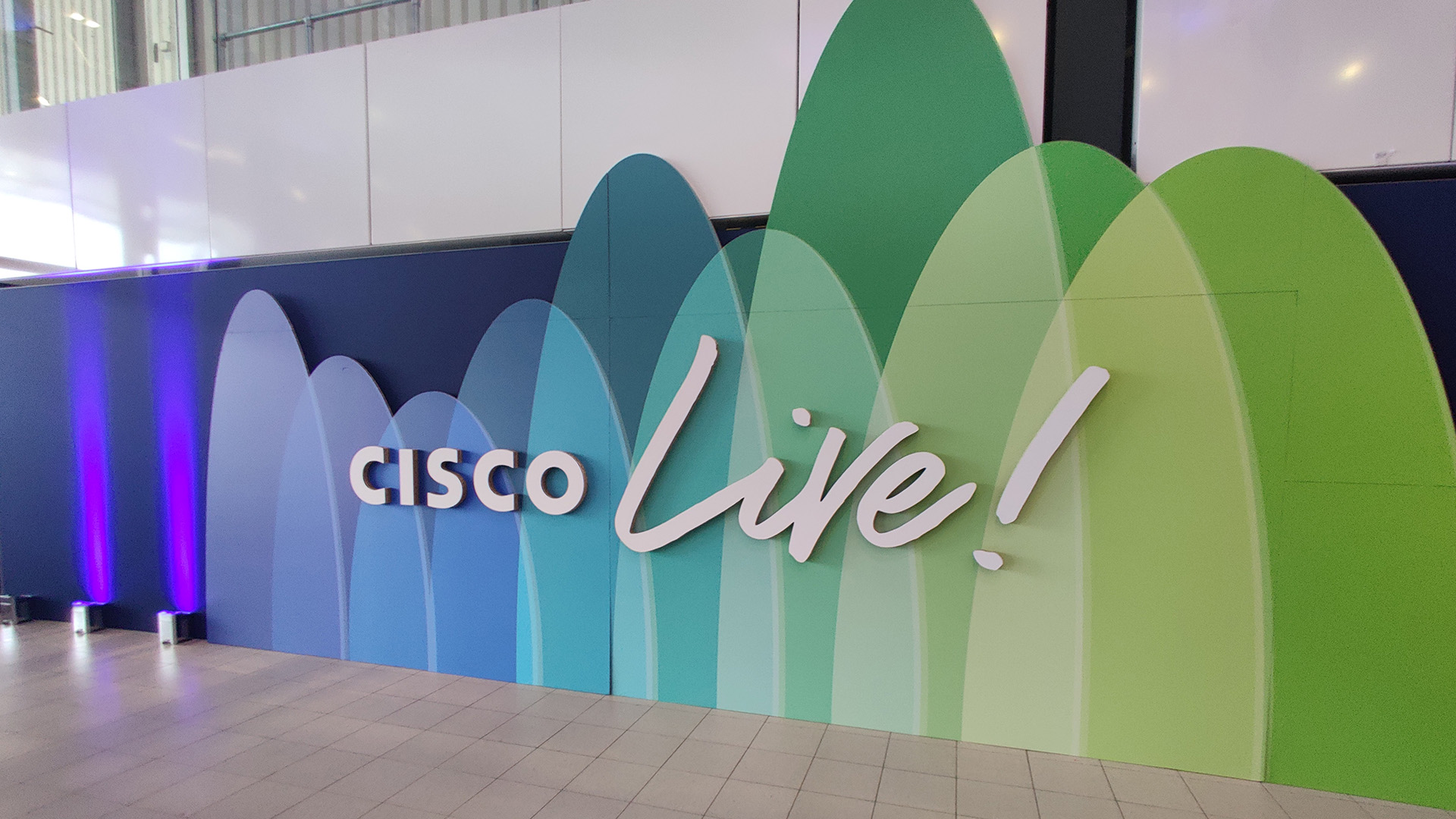 Cisco polishes its platform but the network is still king
Cisco polishes its platform but the network is still kingAnalysis Cisco still believes its integrated platform will drive new value for customers, but its historic strength in networking is where it will have the edge in the AI era
By Solomon Klappholz
-
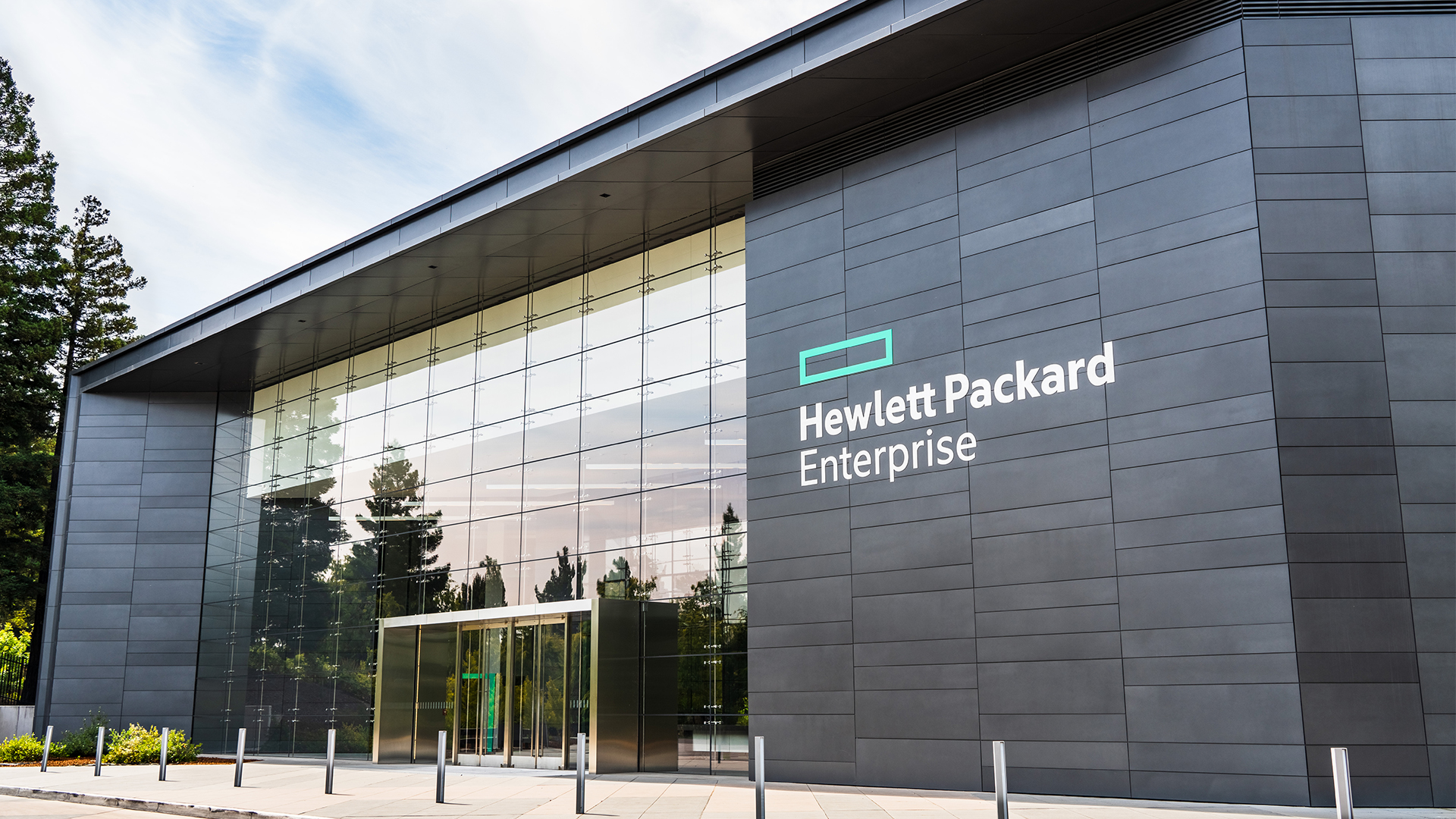 ‘Divorced from reality’: HPE slams DOJ over bid to block Juniper deal, claims move will benefit Cisco
‘Divorced from reality’: HPE slams DOJ over bid to block Juniper deal, claims move will benefit CiscoNews HPE has criticized the US Department of Justice's attempt to block its acquisition of Juniper Networks, claiming it will benefit competitors such as Cisco.
By Nicole Kobie
-
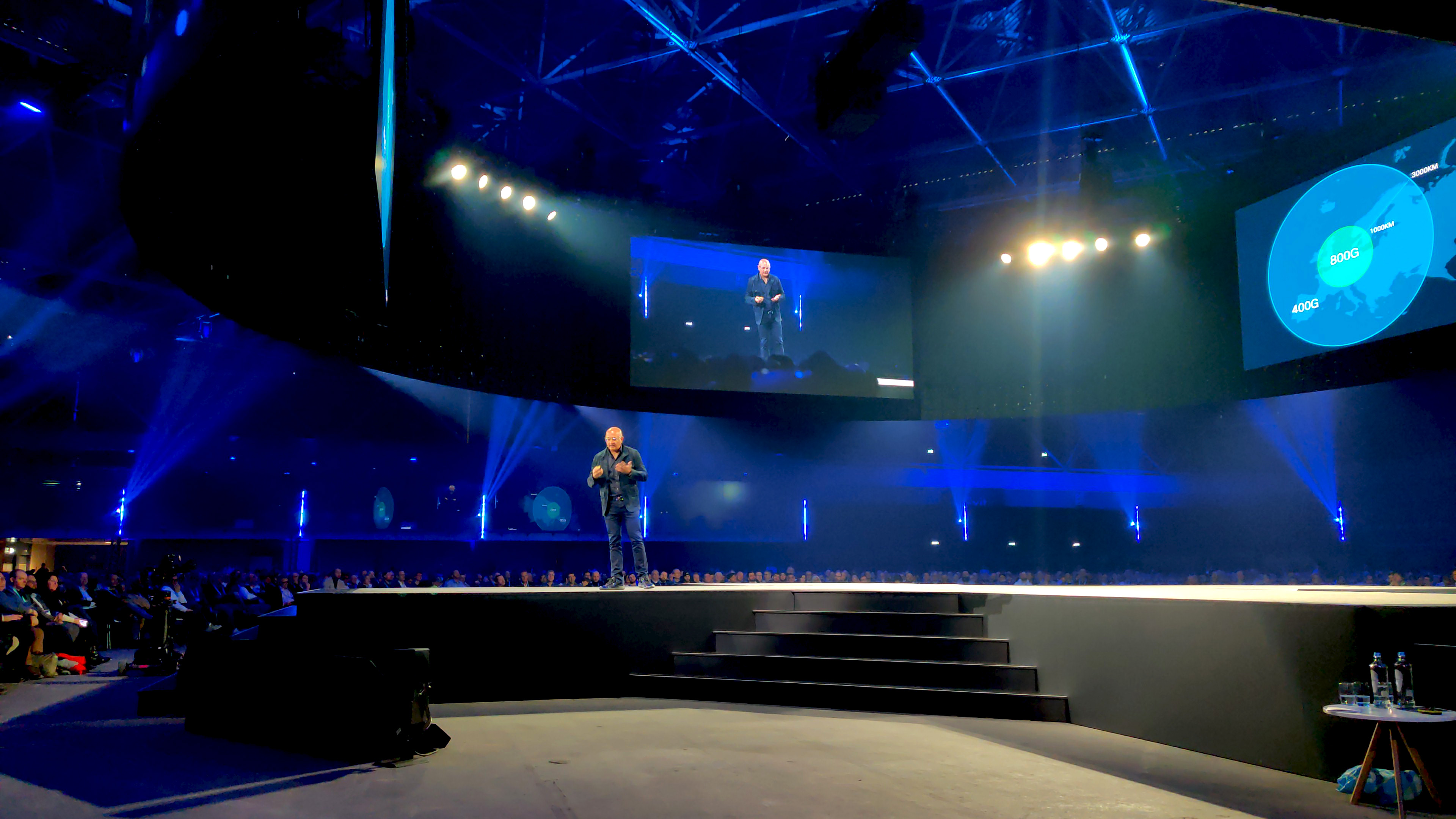 Cisco wants to capitalize on the ‘DeepSeek effect’
Cisco wants to capitalize on the ‘DeepSeek effect’News DeepSeek has had a seismic impact, and Cisco thinks it has strengths to help businesses transition to AI-native infrastructure
By Solomon Klappholz
-
 Cisco Live EMEA 2025: All the news and updates as they happen
Cisco Live EMEA 2025: All the news and updates as they happenLive Blog Stay up to date with the latest information live from Amsterdam at Cisco’s annual EMEA conference
By Solomon Klappholz
-
 How embracing flash storage helped Mississippi’s tax authority boost critical apps
How embracing flash storage helped Mississippi’s tax authority boost critical appsCase study By ditching legacy systems and switching to flash storage, Mississippi’s Department of Revenue improved its backup strategy and cut restore times by more than a day
By Steve Ranger
-
 The US just expanded funding for 5G Open RAN in a bid to help telecoms firms crack Huawei dominance
The US just expanded funding for 5G Open RAN in a bid to help telecoms firms crack Huawei dominanceNews The funding for 5G Open RAN aims to help US companies get a bigger slice of the network infrastructure market – and challenge Huawei’s dominance
By Steve Ranger
-
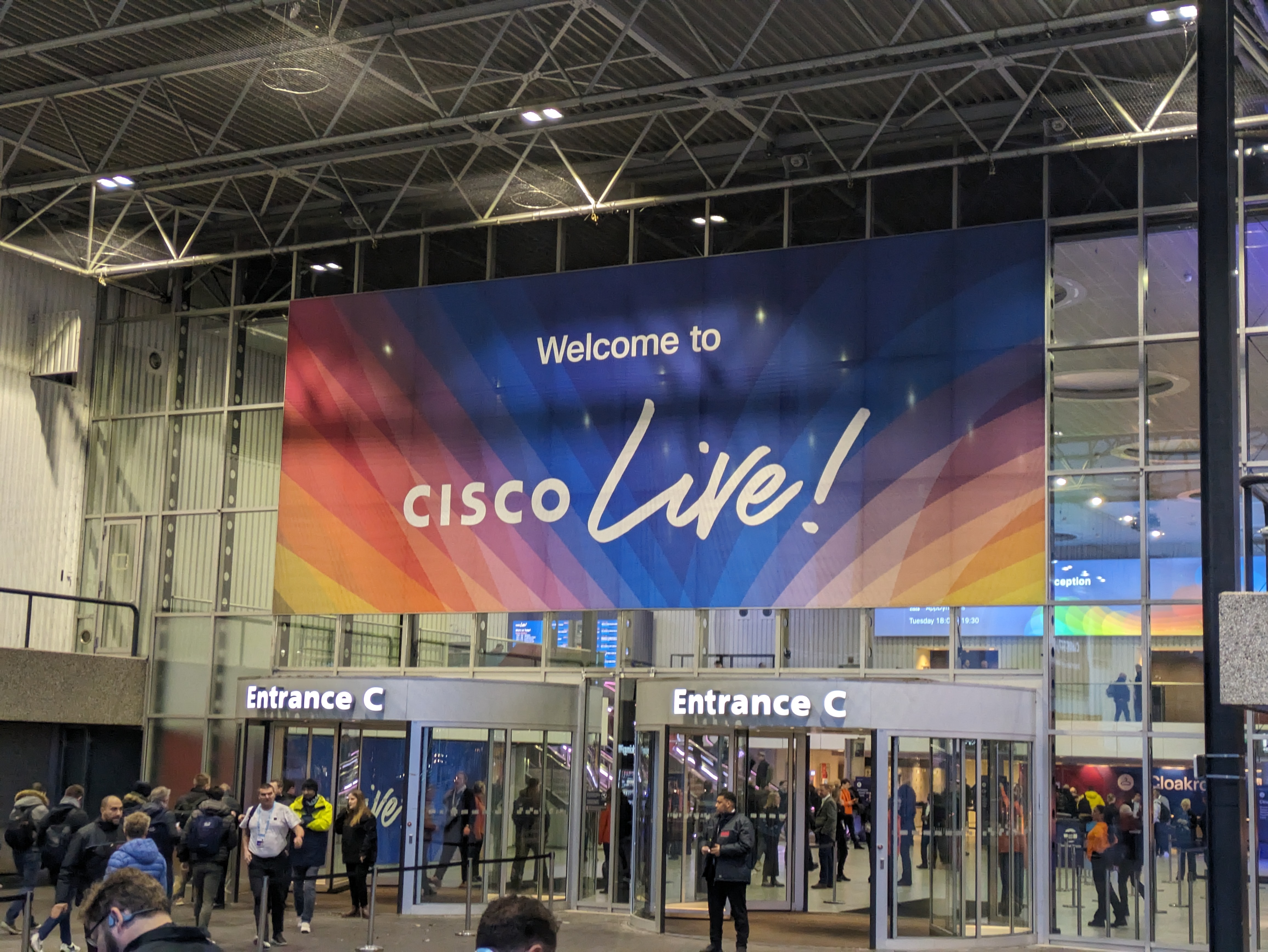 Cisco wants customers to ramp up AI adoption, so it’s partnering with Nvidia to bridge infrastructure hurdles
Cisco wants customers to ramp up AI adoption, so it’s partnering with Nvidia to bridge infrastructure hurdlesNews Cisco has announced a new partnership with Nvidia to offer enterprises integrated, secure, and scalable data center solutions in a bid to drive AI adoption
By Solomon Klappholz
-
 Cisco Live 2024: All the updates and announcements as they happen
Cisco Live 2024: All the updates and announcements as they happenLive Blog Stay up-to-date with the latest news and announcements from Cisco Live 2024 in Amsterdam
By Solomon Klappholz